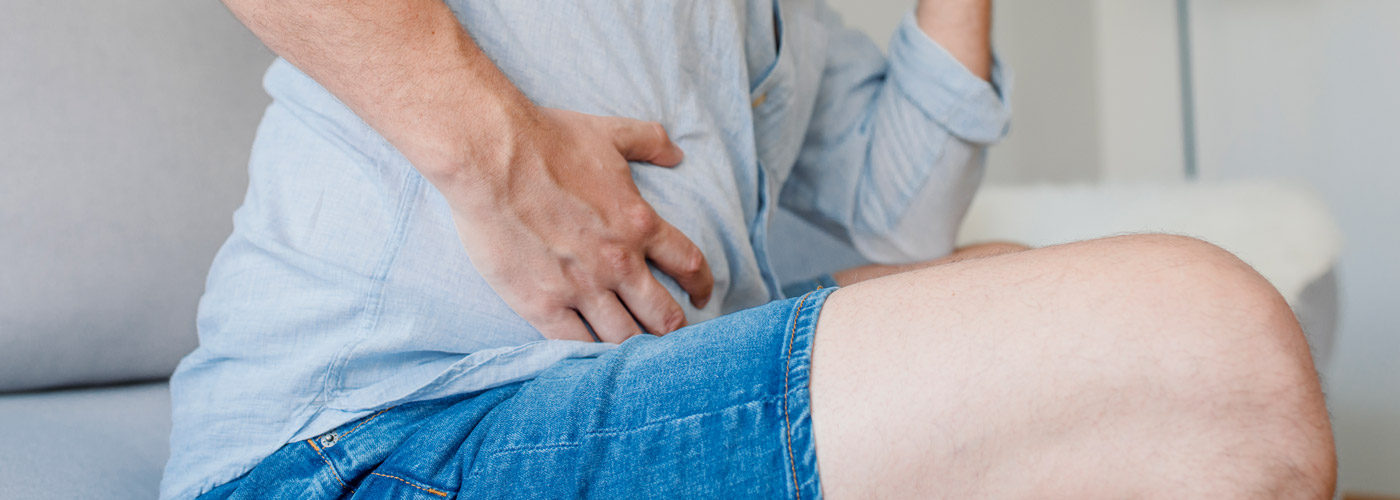Gallstones can turn a perfectly relaxing Austin day into one that has you doubled over in intense pain.
If you have one or more of these stone-like deposits in your gallbladder, your body may not let you know for some time (these are called “silent stones”). Many people eventually find out about their gallstones through a gallbladder attack, which refers to sudden and intense abdominal pain, sometimes accompanied by fever and nausea.

Women are much more likely than men to develop gallstones. Although gallstones are more common in overweight people, they can develop in anyone regardless of weight, gender or race. Overweight and obese patients face a significantly higher gallstone risk, and some studies show that the risk is even higher for people who carry the majority of excess fat around the midsection instead of in their lower body. The stones often form due to an imbalance in the substances that make up bile. Carrying excess weight causes increased cholesterol in bile as compared to the other components. Overweight patients may also have gallbladders that do not empty properly, causing gallstones to form.
Typically, overweight and obese patients are advised to embark on a weight loss journey as soon as possible to help improve their overall health. While losing weight undoubtedly reduces gallstone risk, it is imperative that people avoid rapid weight loss. Just like carrying excess weight, losing weight too quickly changes the balance of bile components and impacts gallbladder emptying, possibly causing gallstones.
What does this mean? Well, avoid crash diets and super low-calorie or low-fat meal plans. Take your weight loss slow and steady, with a goal of losing no more than one to two pounds per week. This should help reduce your risk of developing gallstones, and it also encourages you to craft a plan that is sustainable in the long run. Taking your body on a roller coaster of losing and gaining weight also causes an increased gallstone risk.
Doctors may recommend that obese patients undergo bariatric (weight loss) surgery due to potentially life-threatening health problems such as heart disease, stroke, and diabetes. Bariatric surgery is often associated with considerable weight loss in the months immediately following surgery. In these cases, the risk of gallstones is less concerning than the health risks of remaining obese. Doctors can prescribe a medication that helps balance the substances in bile for the months after surgery.
When gallstones do attack, gallbladder removal surgery (called a cholecystectomy) is the most common treatment. The body functions just fine without the gallbladder, and the surgery can usually be performed laparoscopically or robotically, which results in welcome pain relief and a quick recovery. If you call Austin home and have ever experienced gallstone pain, reach out to Dr. Uecker and find out about your surgical options.
Source: ScienceDaily.com
_________________________________________________________________
John M Uecker, M.D. has been in practice in Austin since 2003. His practice focuses on the surgical treatment of hernias, gallstones, GERD, hiatal hernias and thyroid, parathyroid and adrenal tumors. He started and leads the robotic surgery program at Dell Seton Medical Center. Dr. Uecker is the Division Chief of minimally invasive surgery and an Associate Professor at the University of Texas Dell Medical School where he enjoys teaching medical students and residents.

